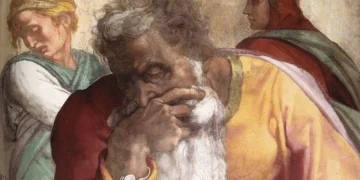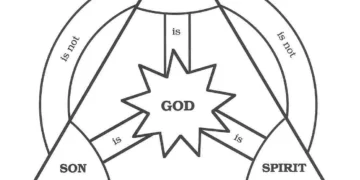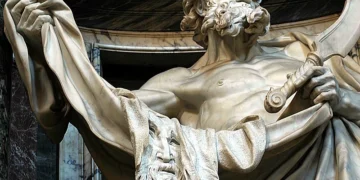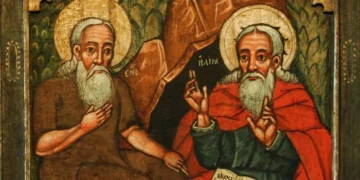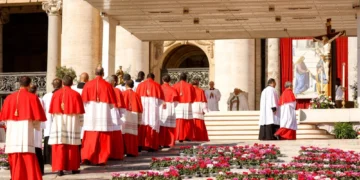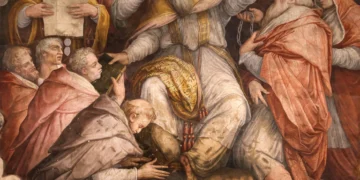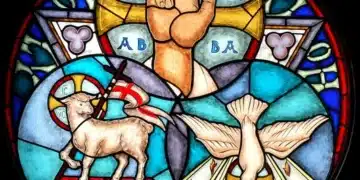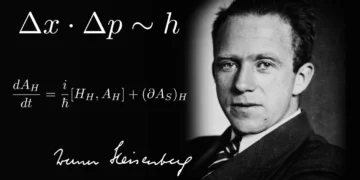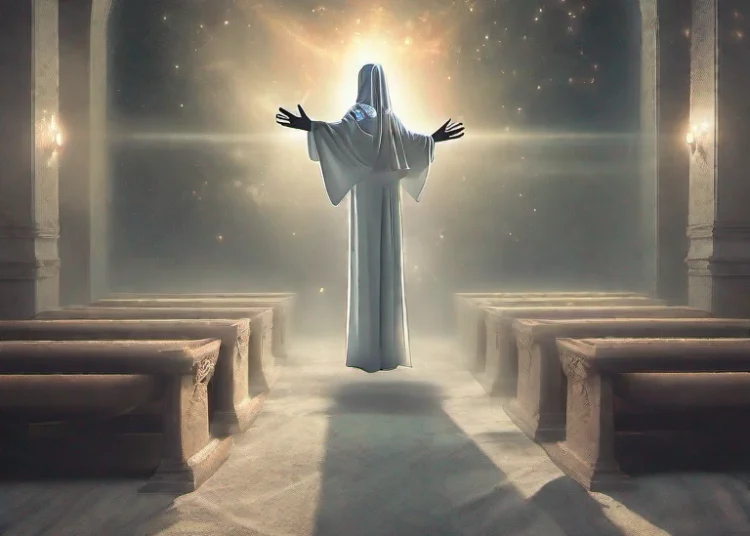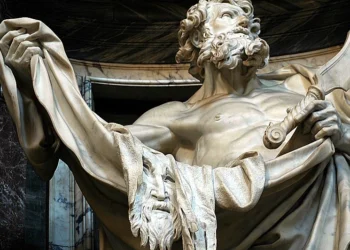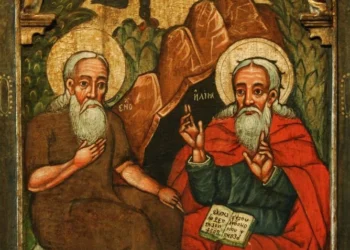For millennia, humankind has pondered the mysteries of death and what lies beyond. Among the various perspectives, Christianity offers a rich tapestry of beliefs about the afterlife. In this article, we will embark on an optimistic exploration of what happens after death through different Christian perspectives. Additionally, we will delve into how other major religions perceive this profound transition.
Christian Perspectives
Heaven and Eternal Life
One prominent belief within Christianity is that sincere believers will enter into an everlasting existence in the presence of God. Described as a state of pure joy, peace, and love, heaven is regarded as a place where believers are reunited with loved ones and experience the fullness of divine glory.
Purgatory and Cleansing
Within certain Christian traditions, the concept of purgatory is embraced. It is seen as a transitional state where souls are purified and prepared for eternal life with God. Purgatory is believed to be a place of temporary suffering, allowing individuals to be cleansed from the effects of sin before reaching their final destination.
Resurrection and New Creation
Many Christians look forward to the future resurrection of the dead. Rooted in the belief in Jesus Christ’s resurrection, this perspective holds that all the dead will be bodily resurrected, transformed into imperishable and glorified forms, ready to inhabit the new creation that God will establish.
How Other Religions View Death
Hinduism and Reincarnation
In Hinduism, death is considered a part of the cycle of existence. The soul is believed to pass through various rebirths, or reincarnations, based on the accumulated karma. The ultimate goal is to break free from this cycle and achieve moksha, liberation from the cycle of birth and death, merging with the divine.
Buddhism and Nirvana
Buddhism views death as the transition to a new state of existence. The ultimate goal is to attain nirvana, a state of perfect peace and enlightenment, where suffering is extinguished. Through mindfulness and the practice of the Eightfold Path, Buddhists seek liberation from the cycle of birth and death.
Islam and Judgment
In Islam, death is seen as a gateway to the afterlife. Upon death, the soul undergoes a state called “barzakh,” a realm of waiting until the Day of Judgment. Muslims believe in the eventual resurrection of the body and the final judgment where people will be rewarded or punished based on their deeds in life.
Make The Most of Your Time on Earth
The exploration of what happens after death evokes a sense of wonder and curiosity in many individuals. From a Christian perspective, the concepts of heaven, purgatory, and resurrection offer hope, assurance, and the promise of eternal life. Other major religions, such as Hinduism, Buddhism, and Islam, provide distinct viewpoints on death, rebirth, and eventual judgment.
While these various perspectives may differ in their details and cultural nuances, they all seek to address humanity’s profound questions about what lies beyond mortal existence. Regardless of one’s religious beliefs, death serves as a reminder to cherish the present, live a purposeful life, and foster compassion for others, ultimately making the most of our time on this Earth.








